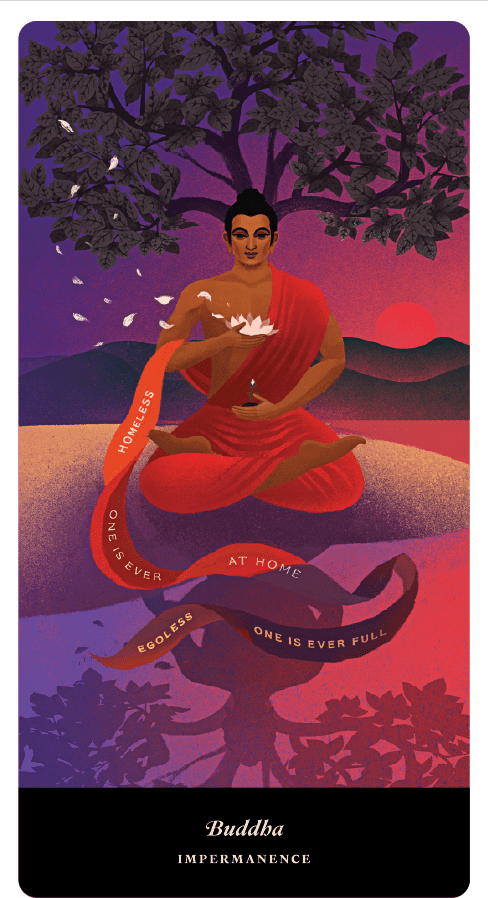
Buddha
Siddhartha Gautama (Buddha) | Homeless One Is Ever At Home Egoless One Is Ever Full 566 BCE INDIA 486 BCE



Siddhartha Gautama (Buddha) | Homeless One Is Ever At Home Egoless One Is Ever Full 566 BCE INDIA 486 BCE
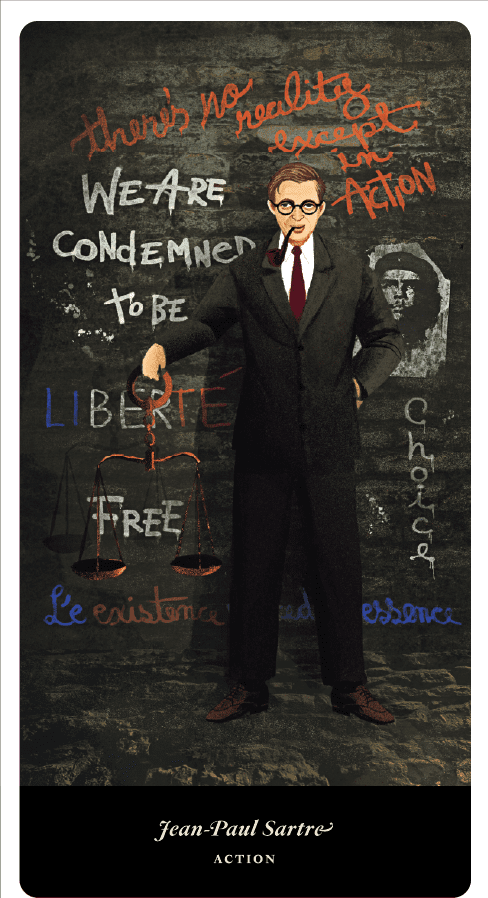
Jean-Paul Sartre |There Is No Reality Except in Action 1905 FRANCE 1980 FRANCE Jean-Paul Sartre is a philosopher of action. In Sartre’s
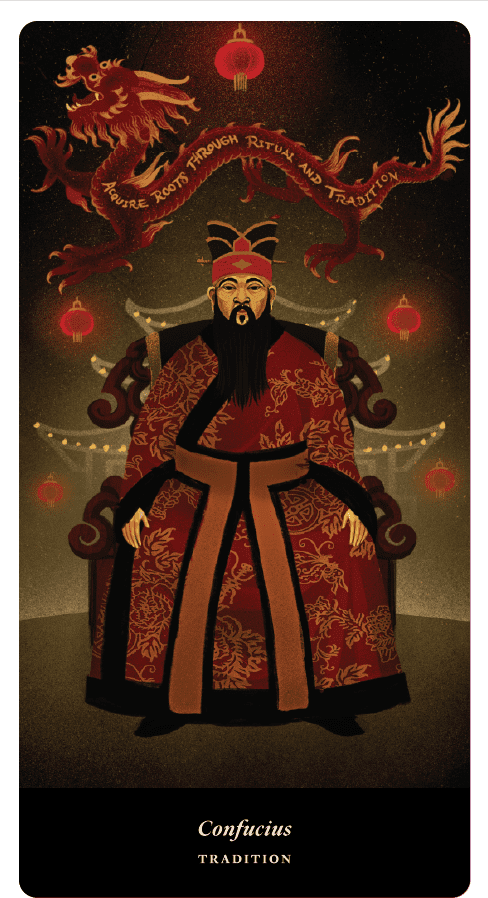
Confucius | Acquire Roots Through Ritual and Tradition 551 BCE CHINA 449 BCE CHINA Kongzi is a philosopher of tradition.
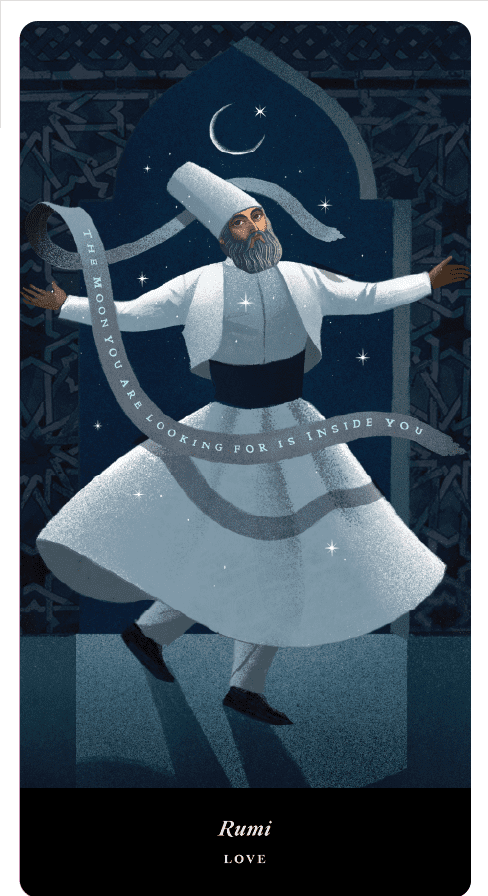
Rumi | The Moon You Are Looking for Is Inside You 1207 AFGHANISTAN 1273 TURKEY Jalal-al-Din Mohamad Rumi is a
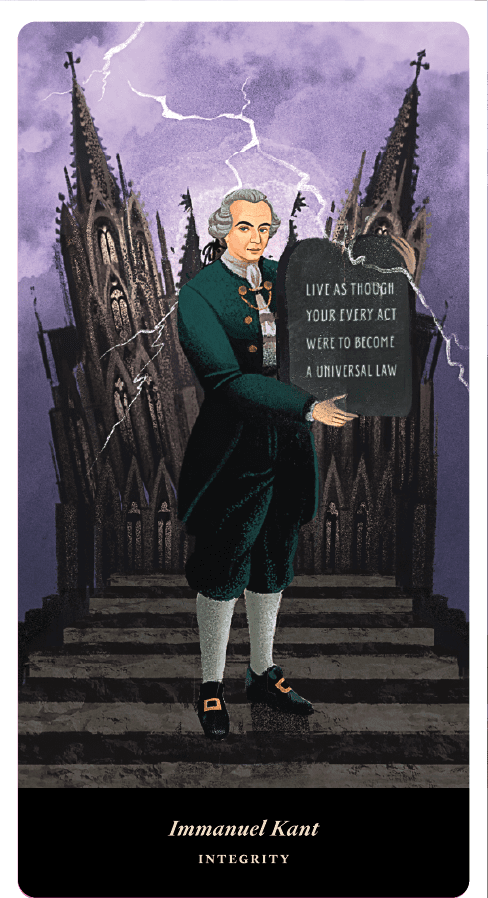
Immanuel Kant | Live as Though Your Every Act Were to Become a Universal Law 1724 PRUSSIA 1804 PRUSSIA Kant
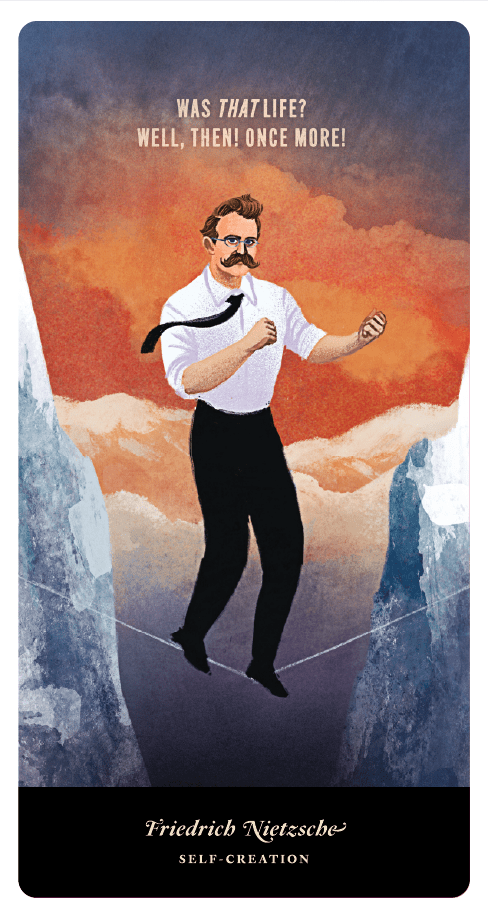
Friedrich Nietzsche | Was That Life? Well, Then! Once More! 1844 GERMANY 1900 GERMANY Nietzsche is a philosopher of self-creation.
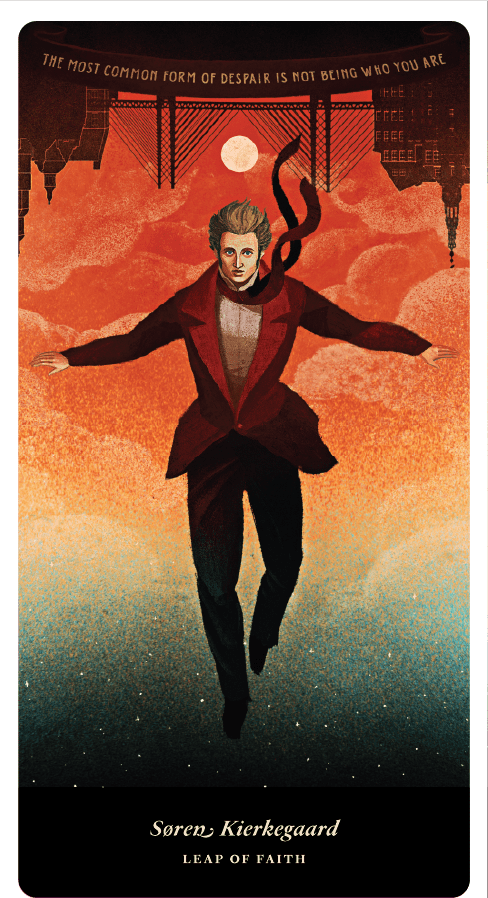
Søren Kierkegaard | The Most Common Form of Despair Is Not Being Who You Are 1813 DENMARK- 1855 DENMARK Søren
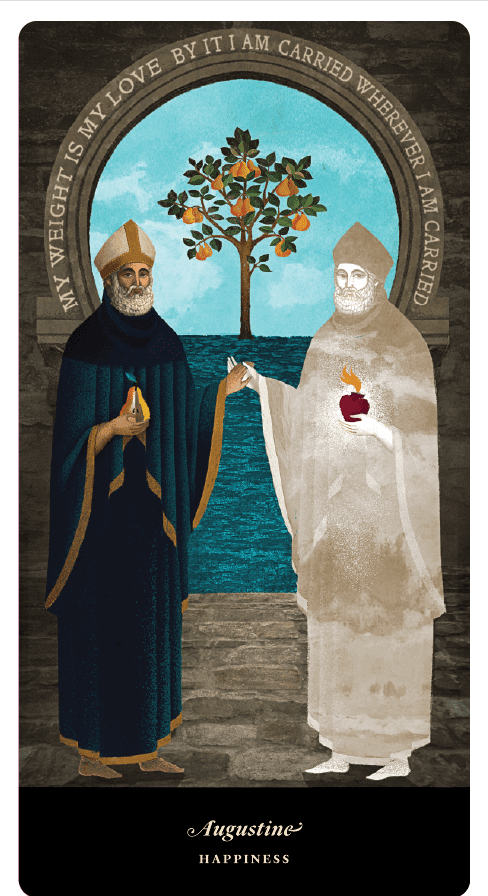
Augustine of Hippo | My Weight Is My Love By It I Am Carried Wherever I Am Carried 354 CE ALGERIA 430 CE
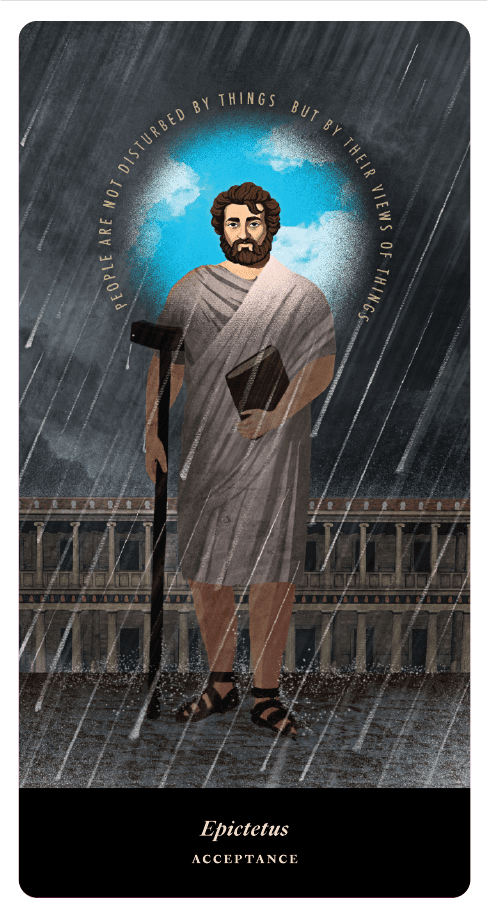
Epictetus | People Are Disturbed Not by Things, but by Their Views of Things 50 CE TURKEY 135 CE GREECE Epictetus is
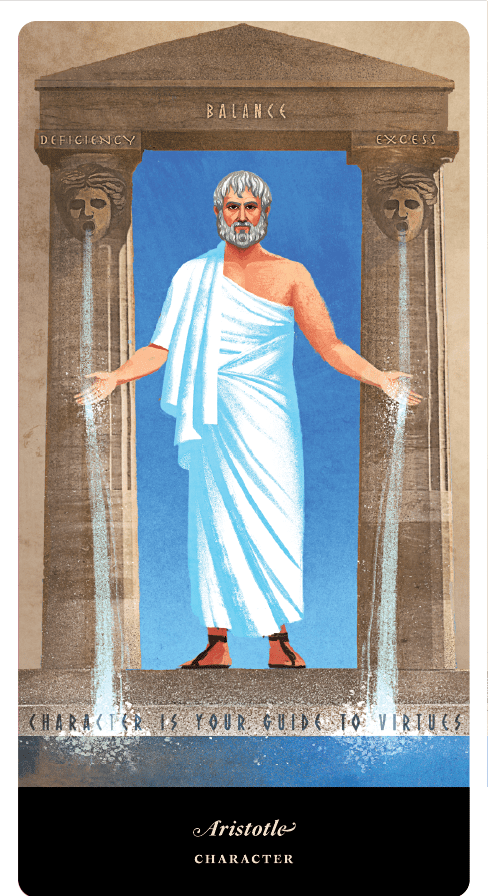
Aristotle | Character Is Your Guide to Virtues 385 BCE GREECE 322 BCE GREECE Aristotle is a philosopher of character.

Audre Lorde | Self-Care Is an Act of Political Warfare 1934 NEW YORK CITY 1992 US VIRGIN ISLANDS Audre Lorde
The Philosopher’s Deck Journal contains a set of five questions to guide your reflections on each of the 22 thinkers found in The Philosopher’s Deck. It provides a place where you can write down your thoughts and feelings as you converse with each thinker to help empower you to live more mindfully and purposefully. Applying and reflecting on the wisdom of these thinkers allows you to broaden your horizon of possibilities and vision of how to live a more meaningful and fulfilling life.
The Philosophy Wise Journal is a tool to help guide your journey to living a more philosophical life. To philosophize is to engage in introspection, reflection, and questioning. It is to practice the life of the mind—where awareness, self-consciousness, and clarity are seated.
Use this journal to reflect on the questions found at the end of each chapter in Philosophy Wise. Writing down your thoughts and feelings as you enter into dialogue with each philosopher will enrich your understanding of each thinker’s perspective on how to live a good and fulfilling life, while deepening your understanding of what matters most to you.
The Philosopher’s Deck brings together the wisdom of philosophy and the practice of using images to contemplate and evaluate life situations. For centuries people have been using cards to meditate on archetypes that have resonated throughout human experience. The most popular set of cards is the traditional Tarot deck. The Philosopher’s Deck follows the framework of the Tarot’s 22 major Arcana cards but is geared more toward helping you arrive at wisdom and clarity through reflection on a set of timeless philosophical ideas and principles. The Philosopher’s Deck depicts 22 of the world greatest thinkers and their key ideas and concepts to spark insight and bring about clarity through wisdom. Each philosopher has carefully been chosen to relate the meaning of their life and work to the meaning of the corresponding card. Socrates depicts the idea of Self-Examination; Buddha the idea of Impermanence, Rumi the idea of Love, Sartre the idea of Action; Nietzsche the idea of Self-creation; and Arendt the idea of Judgement. See the Table of Contents for a full list of the themes covered in the Deck and use the cards to arrive at deeper levels of understanding.
Philosophy Wise re-invigorates philosophy’s initial impulse to help people live more meaningful lives. Written for philosophers and non-philosopher’s alike, it shows you how to gain clarity and wisdom by using the lens of philosophy to approach your everyday concerns. 20 of the world’s greatest thinkers are presented as guides, each offering you their vision of how to live a more purposeful and satisfying life. Experiment and choose from a kaleidoscope of timeless ideas to gain a deeper understanding of what matters most to you.
Table of Contents:
Socrates: Self-Examination, Lao Tzu: Receptivity, Buddha: Impermanence, Confucius: Tradition, Aristotle: Character, Epictetus: Acceptance, Augustine: Happiness, Rumi: Love, Rene, Descartes: Reason, Immanuel Kant: Integrity, Soren Kierkegaard: Leap of Faith, Friedrich Nietzsche: Self-Creation, W.E.B. Du Bois: Education, Simone Weil: Attention, Hannah Arendt: Thinking, Jean Paul Sartre: Action, Simone de Beauvoir: Ethical Freedom, Albert Camus: The Absurd, Frantz Fanon: Resistance, Gloria Anzaldúa: la Mestiza